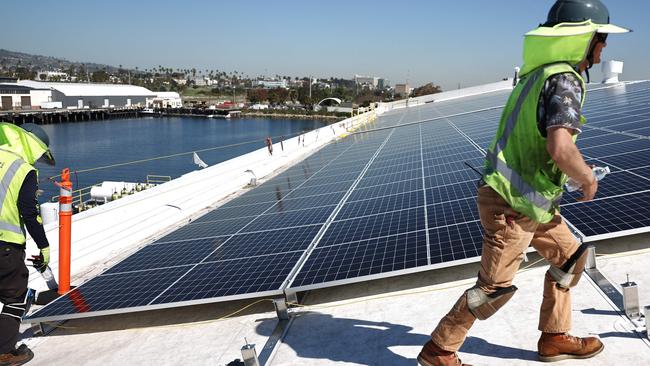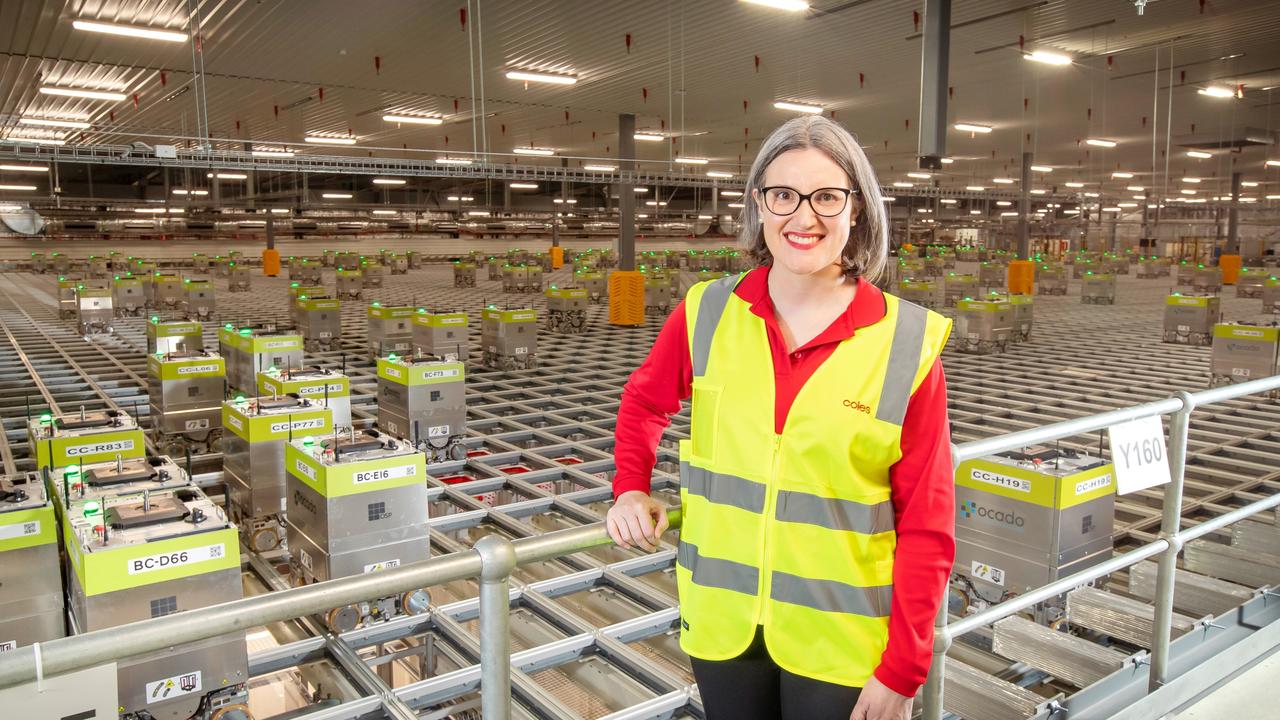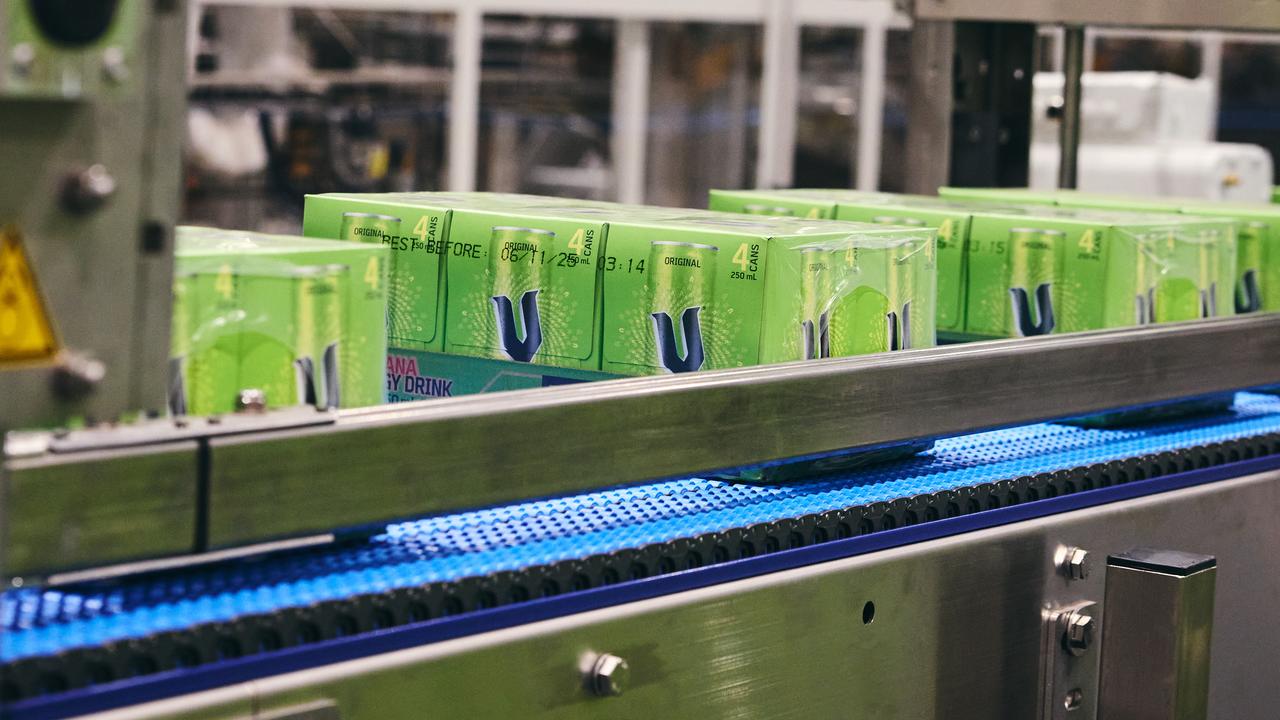Solar energy rush risks power price surge
Energy retailers have demanded a hike in the default electricity bill consumers have to pay after being hit with surging solar tariff costs and negative daytime wholesale prices.

Business
Don't miss out on the headlines from Business. Followed categories will be added to My News.
Energy retailers have demanded a hike in the default electricity bill consumers have to pay after being hit with surging solar tariff costs and negative daytime wholesale prices, in a move that would put a further squeeze on crimped household budgets.
Several retailers have urged the Australian Energy Regulator to factor the increased financial burden of solar into their considerations as they weigh up a final call in March on the default market offer.
The default offer sets a price cap on how much energy retailers can charge consumers. This year’s price will take effect from July 1.
Households and businesses have been bolting on rooftop solar in record levels as they seek relief from two consecutive years of power bill increases of more than 20 per cent.
But with more than 3.5 million households now owning rooftop solar, some electricity retailers want extra compensation to ensure the annual default offer reflects the cost of providing power around the clock.
Major power retailers have urged the regulator to adjust the way it calculates how much bills can rise in order to increase the next default market offer.
The move follows The Australian’s revelations on December 21 that retailers wanted to keep in place a set profit margin for the industry, warning the appetite of the biggest operators to invest in the sector had soured.
An oversupply of power from rooftop solar at midday peaks means wholesale electricity prices – the cost of generating power – can often sink into negative territory during the day, causing significant financial pain for retailers that have baseload generators.
While these generators can often recoup much of their losses from generating throughout the day after the sun sets and wholesale prices spike, retailers also pay solar-powered houses money through a feed-in tariff.

Energy retailers typically offer about 7c per kilowatt hour for any electricity generated by a household or business that is not used and exported back into the grid.
With the financial burden increasing, a group of retailers urged the AER during private industry consultations to consider the toll of increased household solar when determining the default market offer from July 2024, sources said.
“The AER held a conference call and some retailers raised the pain they are experiencing from rooftop solar,” said one executive on the recent teleconference.
“Retailers have to pay feed-in tariffs to customers who have solar and they pay them for exporting to the grid that is experiencing negative pricing so they are getting stung on both sides.”
The Australian Energy Market Operator said late last year solar power drove wholesale electricity prices below zero a record 19 per cent of the time on the National Electricity Market in the September quarter, a trend that will intensify economic pressure on coal generators.
The Clean Energy Council said solar was continuing to surge in popularity.
“The record uptake of rooftop solar in 2023 was driven largely by households and businesses looking to reduce their reliance on the grid, build greater energy independence, and lower their bills,” said Clean Energy Council director for distributed energy Con Hristodoulidis.
Energy expert Tony Wood questioned whether retailers would gain support for their pricing push. “There isn’t much to suggest that prices will go up significantly,” said Mr Wood, director of the energy program at the Grattan Institute.
“Of course summer could cause a significant strain on the grid and there could be major coal outages but there isn’t much to justify major increases for retailers”.
Industry sources said that, while elevated increases to the default market offer were politically unpopular, the AER could ill afford to increase financial pressures on energy retailers.
The AER last year approved increases to household and business bills of at least 20 per cent after a global energy crunch that saw many retailers post heavy financial losses.
Victoria was hardest hit in the last annual increase to the default market offer, while South Australia experienced the lowest rises of just shy of 20 per cent.
Energy bills have been a key driver of soaring inflation, which has prompted the Reserve Bank to increase interest rates 13 times since May 2022.
That has fuelled a cost-of-living crisis and sapped support for Anthony Albanese and the Labor government.
The default market offer is calculated annually, with the AER considering the wholesale cost of electricity, the toll of transporting electricity and the cost of compliance with government rules and regulations.
The default market offer is a reference price that retailers typically offer discounts against to entice customers but discounts have fallen steadily as companies moved to recoup recent losses.
The default market offer is typically proposed in March before the AER consults the wider industry. A decision on how much bills can rise is usually made around June.
Wholesale energy prices have fallen rapidly in recent months, leading some to suggest any increase to the default market offer is likely to be limited.
A restrained increase would be welcomed by the states and the federal government, and even the RBA, but it threatens to heighten financial pressures on coal. Coal – still the dominant source of electricity in Australia – is under mounting social and economic pressure and further increases to renewable energy generation will stoke the squeeze.
Many coal generators remain profitable, but the removal of the coal cap in June will add pressure that could see some generators pull the plug.
Generators must submit more than three years’ notice should they want to close a coal power plant but delays to establishing new renewable generators could leave Australia struggling to fill the void.
Originally published as Solar energy rush risks power price surge





